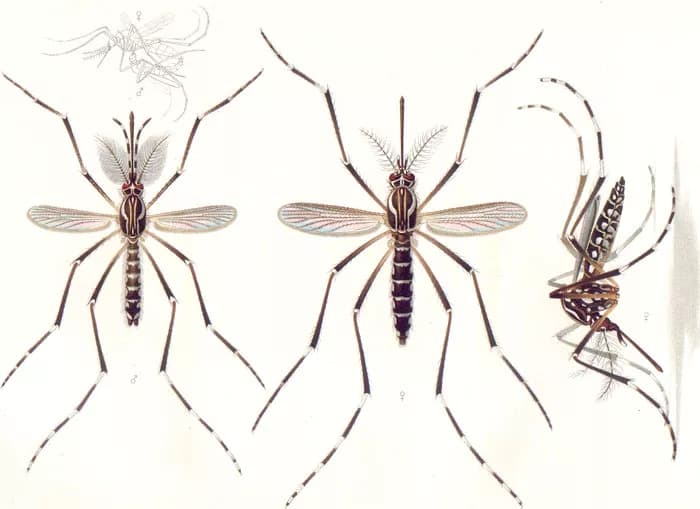
Exercise, Diet Could Offset Effects Of Malaria, Study Shows
The right amount of diet and exercise can help lessen damage to the heart and skeletal muscles brought on by malaria, according to a new UTA study.
Marco Brotto, the George W. and Hazel M. Jay Professor in the College of Nursing and Health Innovation at The University of Texas Arlington, co-authored the article, which was published in The Malaria Journal.
Mauro Marrelli, who was a visiting professor at the college early in 2016, co-wrote the article. Marrelli, an entomologist, parasitologist and molecular biologist, currently is a professor of public health at the University of Sao Paulo in Brazil.
Each year, malaria afflicts more than 500 million people in scores of countries around the world, killing more than 400,000, according to the World Health Organization.
But Brotto said most studies on fighting malaria focus on the mosquito-borne parasite that causes the illness while ignoring the impact of the disease on skeletal muscles and the heart.
Moderate or high levels of malaria infection typically affect skeletal muscles and the heart, Brotto said.
"Residual effects could be from the heart being weaker for some time to permanently suffering some damage," he said. "Muscles are also very similar. If you develop chronic myopathy, it becomes harder to get in shape. The parasite takes away the normal ability of the blood cells to carry nutrients and oxygen to the body. That triggers the process of the demise."
He noted that even those with mild cases of malaria report a lot of muscle soreness and fatigue. He said people who eat healthy diets and exercise will be in a stronger position to vanquish the disease and to do so in a shorter amount of time.
"There are interventions you could take prior to or in anticipation of an infection in order to improve the muscular and heart function," he said. "People would not feel so tired and so weak if they have a targeted intervention."
Examples of these interventions include anti-oxidant therapy through diet and medication. The authors recommend eating more uncooked fruits and vegetables and fiber as well as increasing protein intake through the consumption of meat, poultry, fish, legumes and protein shakes or powders, particularly those with some specific combinations of amino acid derivatives such as hydroxyl beta-methylbutyric acid or HMB.
Exercise is a great tool for combating the infection, too, he said.
"The better shape you're in, the more prepared you will be to fight the infection," he said.
He said understanding strategies for treating malaria is more important than ever because Americans travel around the world in record numbers. Many visit countries where malaria is prevalent. In addition, more U.S. military personnel are deployed to regions where the disease is rampant, including South America, Africa and the Middle East.
"Diseases increasingly transcend borders. This is a terrific example of how the work we do here at the college crosses borders," said Anne Bavier, dean of the College of Nursing and Health Innovation. "Marco's work on malaria is a reminder that when we work to improve health and the human condition, we must look at how we can do it globally."
Improving health and the human condition is one of the four guiding themes of UTA's Strategic Plan 2020: Bold Solutions | Global Impact.
This study builds on a previous study by Brotto and Marrelli that showed that malaria infection caused muscle degradation.
"Even more specifically, it causes degradation of proteins in the muscles responsible for contraction," Brotto said. "We were the first to reveal that. Many other studies have replicated our original research. For this paper, we reviewed all the literature related to malaria and the effects of malaria on muscles and the heart. Our plan is to continue our studies with some new genetic markers we recently obtained together in studies between our labs and submit a joint grant proposal to expand these studies since they also could have applications to muscle diseases."
Materials provided by University of Texas at Arlington. Note: Content may be edited for style and length.
Disclaimer: DoveMed is not responsible for the accuracy of the adapted version of news releases posted to DoveMed by contributing universities and institutions.
Primary Resource:
Marrelli, M. T., & Brotto, M. (2016). The effect of malaria and anti-malarial drugs on skeletal and cardiac muscles. Malaria journal, 15(1), 524. DOI: 10.1186/s12936-016-1577-y
Related Articles
Test Your Knowledge
Asked by users
Related Centers
Related Specialties
Related Physicians
Related Procedures
Related Resources
Join DoveHubs
and connect with fellow professionals

0 Comments
Please log in to post a comment.